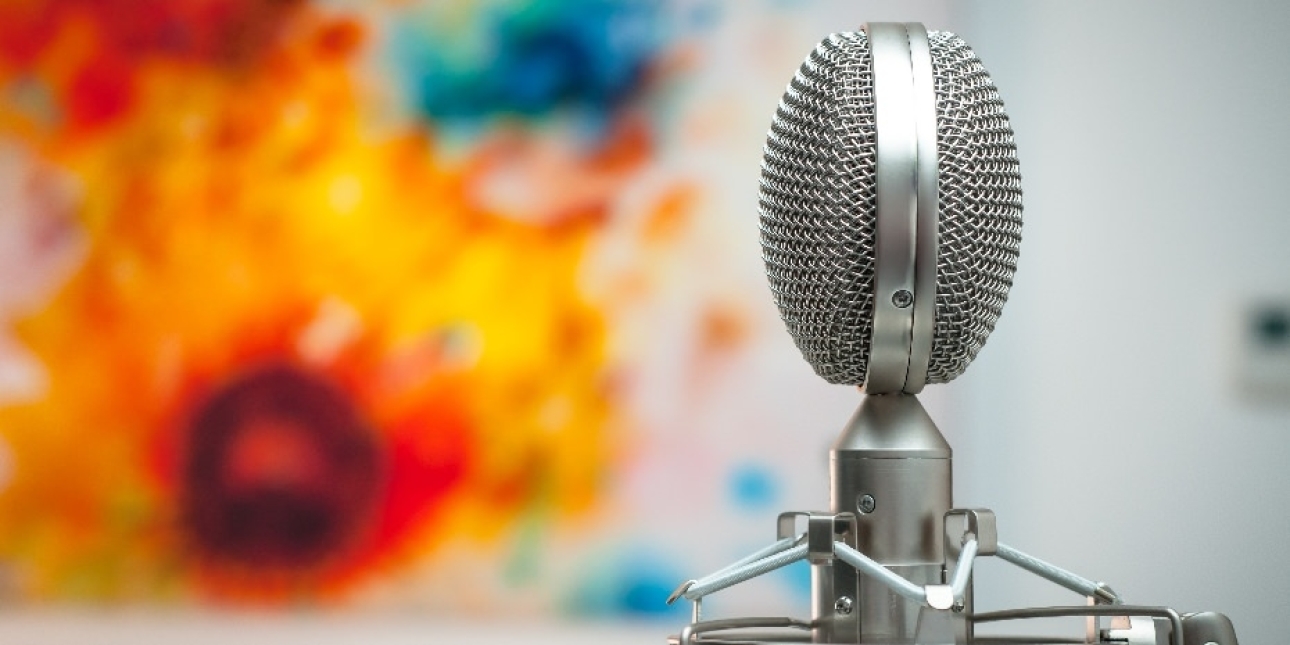PUBLIC RELATIONS
Monday 2nd March 2020
Preparing for broadcast media interviews – the basics
I’ve prepared clients for broadcast media interviews on the BBC, STV and Sky (to name a few) and I’ve personally had to prepare for interviews on television and radio commenting on public relations and brand stories, often in a crisis situation. Preparation is 80% of being good at interviews.
My Top Points for Preparing for Broadcast Media Interviews:
1: What’s the subject and what line are they taking? Have they got anyone else lined up for interviewing and what is their angle? You need to know and be prepared for a conflict of opinions, as the interview may go way deeper than originally anticipated.
2: How long is the interview and how long is that part of the show?
3: Where is the interview taking place?
4: When are you required to be there and when can you leave? Or, can you do the interview via FaceTime, which many broadcast journalists don’t mind?
5: Do you need a parking space? Ask the journalist to book you one.
6: I recommend you arrive in plenty of time before your interview to ensure you get parked and enter the building without feeling like you need a shower and a stiff drink!
7: Journalists are not your friends. If they smell a rat, or they don’t agree with your point, they will not hesitate to dig deeper and ask some tricky questions.
8: Always be honest. Don’t hide anything.
9: Think of what your brand represents and ensure you sound and act like this during the interview (a bad interview can seriously damage a business).
10: What are the four main points you want to get across in your broadcast media interview? You’ll likely only have 1 1/2 to 3 minutes (ish) so by preparing only four points, you’re more than likely going to get them into the interview. If you prepare 10, you’ll probably forget the most important points and you’ll end up getting in a tizzy! Four is also easier to remember if there is specific wording around it.
11: Things you should consider including in your key messages: the purpose, the passion, who does it involve and where can they take part and find out more information.
12: Don’t be scared. Be you!
13: Use simple language everyone will understand.
14: The more people can relate to you and your story, the more they will understand and believe it.
15: Have you got stats or an example you can use, if required, to support your story?
16: One of the biggest things I’d ask, if you’re a small business, is if the interview goes big and you get a lot of attention from it, can you handle it? Can you service the customers? Can you handle the enquiries? Don’t go too big if you can’t handle it, it could have a negative impact on the business and show poor service.
17: It goes without saying that what you wear and how you look will be an immediate impression on TV, so have a think about what will best represent you and your brand (note for the ladies, necklaces often interfere with the mic, so don’t bother wearing one!)
18: If you’re live on TV, sit up straight, ensure your clothing is sitting properly and place your hands on your lap if you don’t know what to do with them!
19: Finally, be clear, concise, be you and thank the journalist for inviting you to speak about your story.
So, if you're up for the challenge, print out this blog post, use a highlighter to mark what you need to do (mainly the key messages) and tick off as you go along. You should feel prepared and composed after going through all this.
If in doubt, hire a chartered PR professional to help you! You can contact me here...
Photo by Michal Czyz on Unsplash
